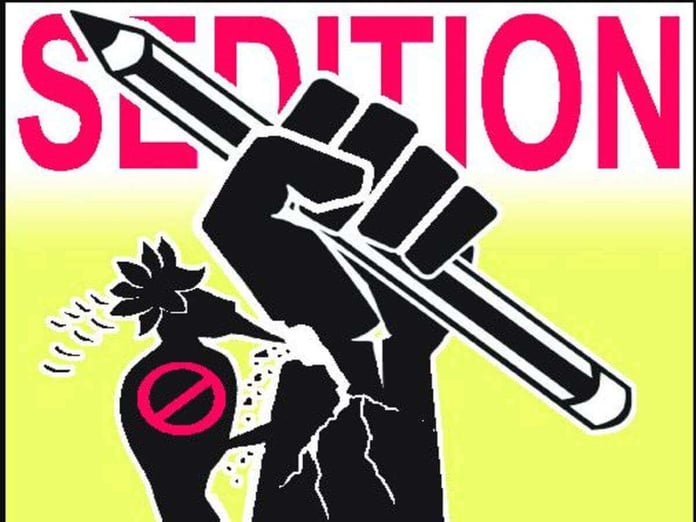Sedition, a crime encompassing attempts to incite hostility against a government short of treason, has become a topic of discussion in many countries. The implications of seditious acts, often involving the promotion of ill-will and hostility, have raised questions about the necessity and impact of sedition acts worldwide.
The roots of seditious libel can be traced back to Anglo-American jurisprudence in the 13th century, while the term “sedition” gained its modern meaning during the Elizabethan Era. English Common Law recognized the publication of libel or the expression of speech that incited disaffection toward the authority as a crime in the 1600s. Over time, sedition acts emerged in various countries, aiming to prevent activities such as subversion, discontent toward the established authority, or rebellion against the government.
Controversies surrounding sedition acts have sparked debates among proponents and opponents. Advocates argue that sedition acts are essential for preserving public order and protecting against seditious activities that incite violence or civil disobedience. They believe that restrictions on freedom of speech are justified to safeguard the public interest. On the other hand, opponents argue that sedition acts infringe upon fundamental rights, particularly freedom of speech, and serve as tools of oppression employed by ruling parties against dissenting voices.
While allegations of seditious acts are sometimes made without sound reasoning, there are instances where individuals intentionally engage in sedition, inciting subversion and causing chaos. Some seditious activities are driven by personal interests or attempts to defame a country. Despite efforts to eliminate such acts, they persist across many countries. However, the vagueness and loose definitions often associated with sedition laws raise concerns. Terms like incitement, provocative speech, hatred, discontent, assisting, and disturbance lack precise definitions. Additionally, it is worth noting that seditious speech does not always result in actual violence or subversive acts.
Undoubtedly, freedom of speech, recognized as a fundamental human right, is interconnected with other crucial rights such as freedom of association, assembly, and protest. These rights enable individuals to come together and pursue their reasoned interests. When restrictions on freedom of speech impede the exercise of subsequent rights, the reasonability of sedition acts comes into question. Balancing the principles of preventing harm and offense with the preservation of rights is crucial. Arbitrary restrictions may lead to the consolidation of authoritarian systems, posing a greater risk to citizens.
In practice, cases of sedition are not always founded on legitimate grounds. Human rights organizations criticize the filing of seditious cases as a means to suppress dissenting voices, including intellectuals and opposition political leaders. Authoritarian regimes tend to employ sedition prevention acts more frequently, given the limited freedom of speech in such countries. However, even liberal societies are not exempt from the use of sedition acts. The global aspiration for governance based on rationality and reasonability, rather than the imposition of draconian laws, underscores the need for a reevaluation of sedition acts.
Charging individuals with seditious acts carries significant repercussions for their lives and families. Once accused, individuals may face barriers to government employment, have their passports revoked, and endure harassment during court visits. Legal costs and reputational damage further compound the hardships. In some countries, the punishment for sedition can range from a few years to life imprisonment, resulting in unnecessary suffering.
While eliminating sedition acts entirely may create the potential for chaos, it is essential to address concerns related to the definition, impact, and misuse of these laws. Clarity in defining terms associated with sedition, protection of innocent individuals, prevention of political misuse, and recognition of justified criticisms and protests against the government are vital aspects that demand attention. States must take proactive measures to address these concerns, and international bodies such as the United Nations, human rights-based organizations, and civil society organizations can play a significant role. A legally binding convention, protocol, or guideline directly focused on sedition could contribute to ensuring justice while safeguarding fundamental rights.


